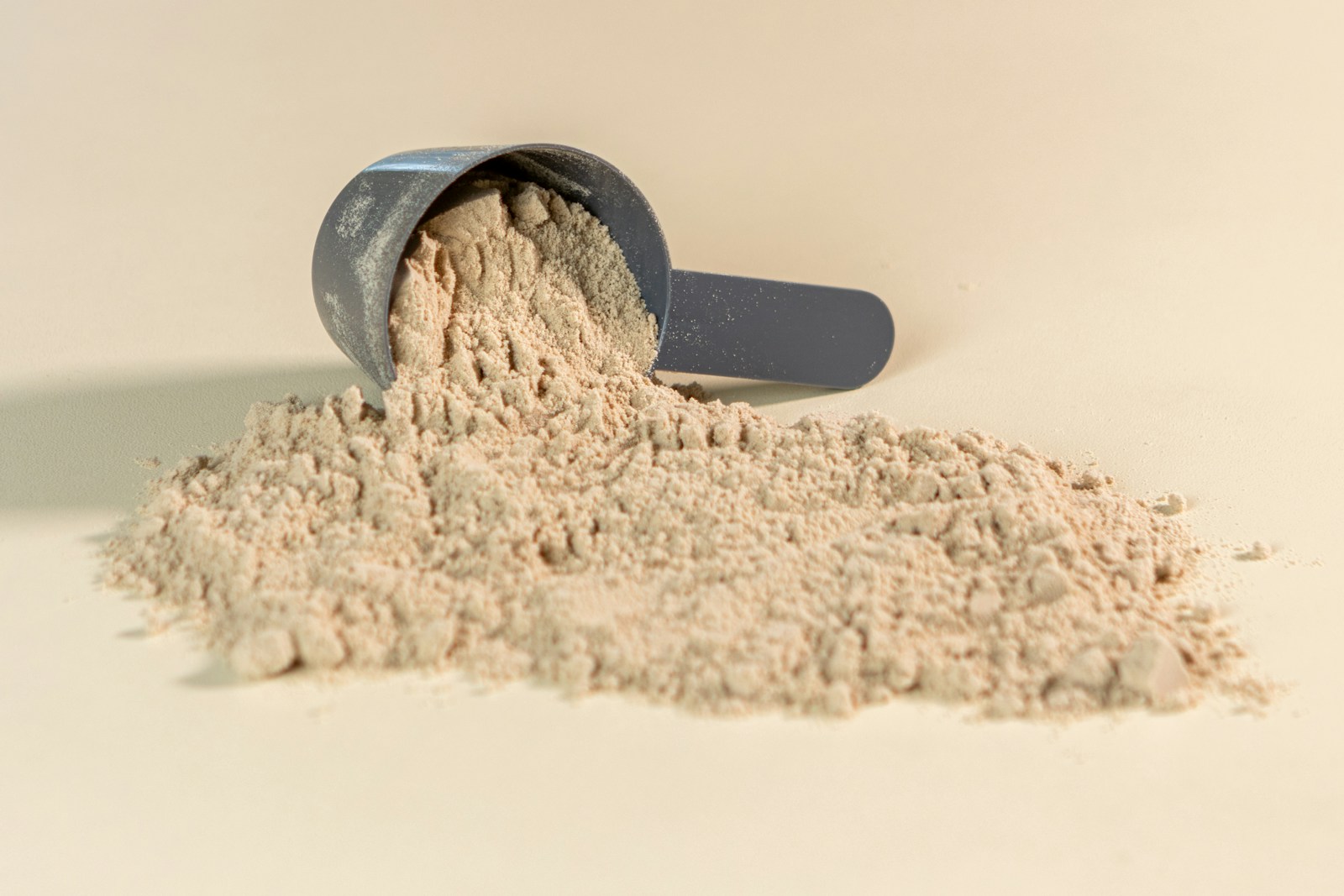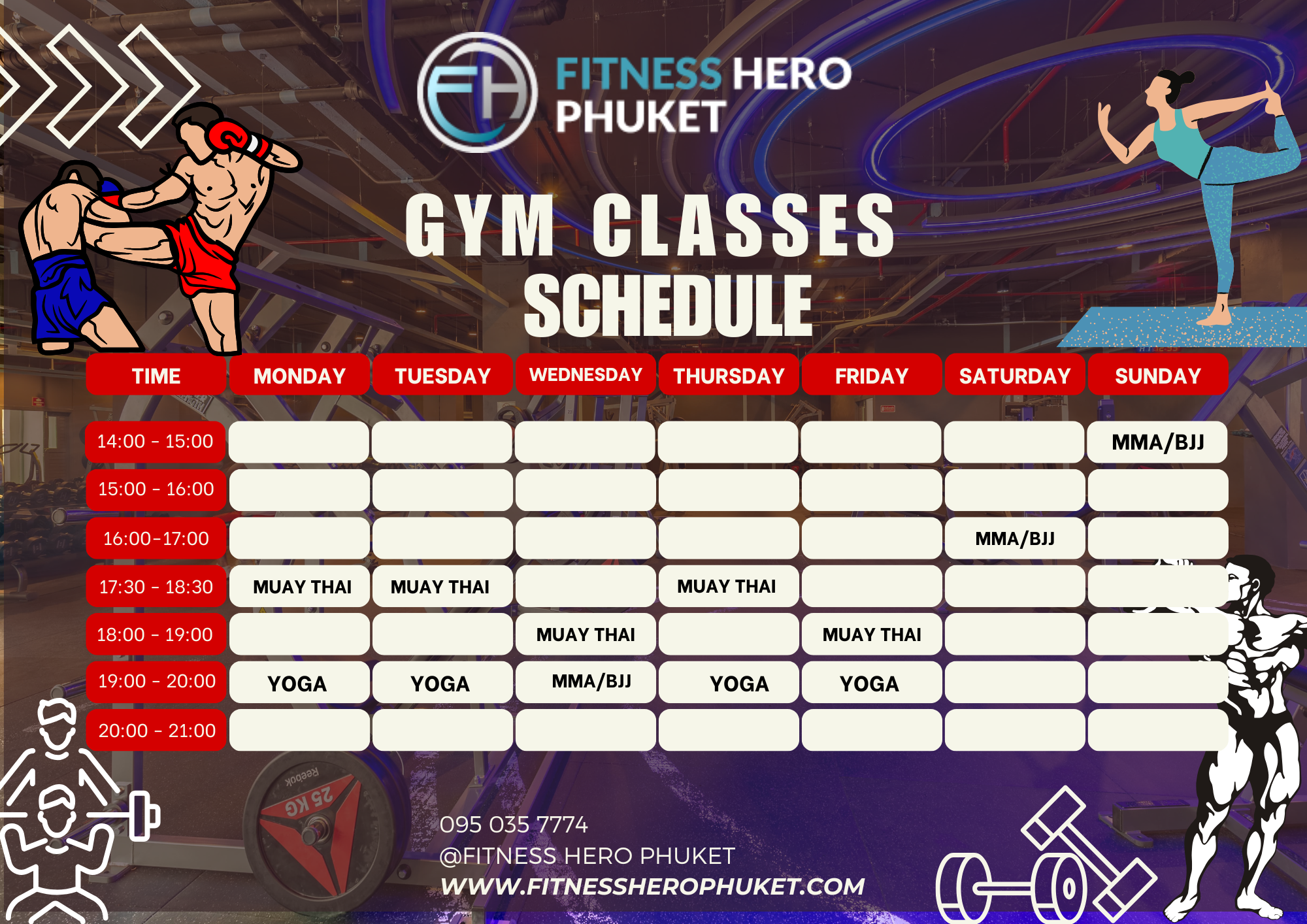Whey protein is not only a supplement but also a food that can be easily incorporated into meals to increase protein intake effectively. While most people tend to consume whey post-workout for recovery, some studies comparing the effects of whey before and after workouts have shown similar results. This is because whey protein “prepares” the muscles for exercise, potentially enhancing muscle growth. If you’re planning to eat a meal after your workout, taking whey protein as a pre-workout supplement can be even more beneficial.
1. Introduction to Whey Protein
Whey protein is a byproduct of the cheese-making process and is known for its high-quality protein content. It contains all nine essential amino acids, making it a complete protein source ideal for muscle recovery, repair, and growth. Whey comes in various forms, including whey concentrate, isolate, and hydrolysate, each with varying protein concentrations and absorption rates.
2. Whey Protein as a Pre-Workout Supplement
Many athletes and gym-goers wonder whether whey protein is best consumed before or after exercise. Although traditionally used post-workout, recent studies suggest that taking whey before a workout can prime muscles for activity. Consuming whey protein 30-60 minutes before exercise ensures that your body has sufficient amino acids to repair and grow muscles while you work out.
3. Benefits of Taking Whey Protein Pre-Workout
Taking whey protein before a workout can yield numerous benefits:
- Improved Performance: Whey protein increases muscle protein synthesis, which can boost performance during high-intensity workouts.
- Muscle Recovery: By flooding the muscles with amino acids, whey protein reduces post-exercise soreness and speeds up recovery.
- Enhanced Protein Synthesis: The rapid digestion of whey protein helps ensure that amino acids are available for muscle repair immediately after the workout begins.
4. Whey Protein and Muscle Growth
Whey protein is highly effective in promoting muscle hypertrophy (growth). Its fast-absorbing nature delivers amino acids to muscles during and after exercise, ensuring that the muscles enter an anabolic state where growth and repair occur. The “anabolic window,” often referred to as the best time for protein intake, can be maximized by taking whey before a workout.
5. Can Whey Protein Help with Fat Loss?
Yes, whey protein can aid in fat loss. Protein has a high thermic effect, meaning your body burns more calories digesting and absorbing it compared to fats or carbohydrates. Additionally, protein-rich diets can help preserve lean muscle mass while promoting fat loss, making whey protein an ideal addition to weight-loss programs.
6. Comparing Pre-Workout and Post-Workout Whey
Is it better to take whey before or after your workout? Studies show little difference in the timing of whey protein consumption as long as you meet your daily protein needs. That said, consuming whey before your workout primes the muscles with amino acids that can help reduce muscle breakdown during exercise.
7. Should Everyone Take Whey Protein Pre-Workout?
While whey protein is generally beneficial, it’s not necessary for everyone. People who already consume enough protein through whole foods might not need a whey supplement. Athletes or those with intense workout regimens may benefit the most, especially if they struggle to meet their daily protein intake.
8. Potential Side Effects of Whey Protein
Whey protein is considered safe for most people when consumed in moderation. However, potential side effects include digestive discomfort, particularly for individuals who are lactose intolerant. Alternative protein sources such as plant-based powders may be a better choice for those with dairy allergies.
9. Alternatives to Whey Protein Pre-Workout
Not a fan of whey? Other protein sources can be effective pre-workout:
- Casein Protein: A slower-digesting protein that can provide a steady release of amino acids during your workout.
- Plant-Based Proteins: Ideal for vegetarians and vegans, protein powders made from pea, hemp, or soy can be a great alternative.
- Amino Acid Supplements: BCAAs or EAAs offer targeted support for muscle recovery without the bulk of a protein shake.
10. Is Whey Protein Effective for Women?
Yes, whey protein is effective for women, just as it is for men. Despite myths that protein powders will make women “bulk up,” whey protein supports lean muscle growth, fat loss, and recovery, making it an excellent supplement for women aiming for fitness goals.
11. Best Practices for Taking Whey Pre-Workout
- Mixing with Water or Milk: For faster digestion, use water. Milk adds extra calories and slows absorption.
- Ideal Dosages: A typical dose is 20-30 grams of whey protein pre-workout.
- Personalizing the Routine: Adjust based on your goals—those aiming for muscle gain may take a higher dose, while those focused on fat loss may need less.
12. Pre-Workout Meals and Whey Protein
For optimal energy, combine whey protein with a carbohydrate source, such as oats or bananas. This ensures your body has both quick-digesting protein and fuel to power through your workout.
Frequently Asked Questions (FAQs)
- Can I take whey protein every day? Yes, Whey protein can be consumed daily as part of a balanced diet.
- How long before my workout should I take whey? Aim to consume whey protein 30-60 minutes before your workout.
- Is whey protein necessary for weight loss? No, but it can support fat loss by helping preserve muscle mass.
- Can I take whey protein if I’m lactose intolerant? Some people with lactose intolerance can handle whey isolate, which contains less lactose.
- What’s the difference between whey concentrate and whey isolate? Whey isolate has a higher protein content and fewer carbs/fats compared to concentrate.
- Can I take whey protein without working out? Yes, but its primary benefits are most evident when paired with regular exercise.
Conclusion
Whey protein can be an effective pre-workout supplement, aiding in muscle growth, recovery, and overall performance. By consuming whey before exercise, you provide your muscles with the fuel they need to perform at their best and recover faster.











